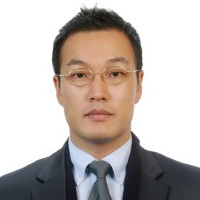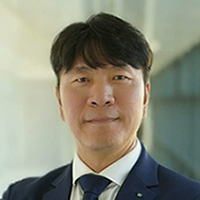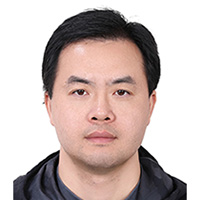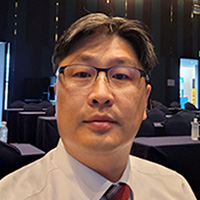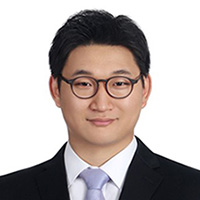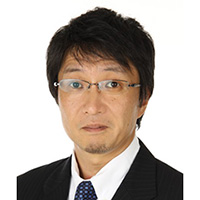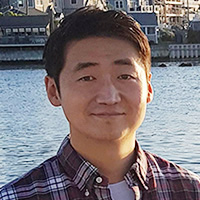Multi-purpose Hybrid Power Conversion Systems for Multi-Source Electric-Mobility Applications
The growing demand for flexible, efficient, and intelligent power conversion in multi-source energy systems requires a new class of scalable architectures with integrated control intelligence and accurate evaluation methods. This seminar introduces a novel circuit architecture for scalable hybrid power conversion systems (HPCSs) capable of supporting multiple energy sources under a unified energy management and control strategy. The proposed system coordinates power flow, improves overall efficiency, and ensures stable operation across diverse conditions. Furthermore, it accounts for the unique characteristics of different energy sources, such as energy storage systems (ESSs) and fuel cells, and incorporates control methods that enhance individual source performance while optimizing the overall system operation. This research presents a promising pathway toward next-generation intelligent power electronics platforms, particularly for electric mobility applications.
